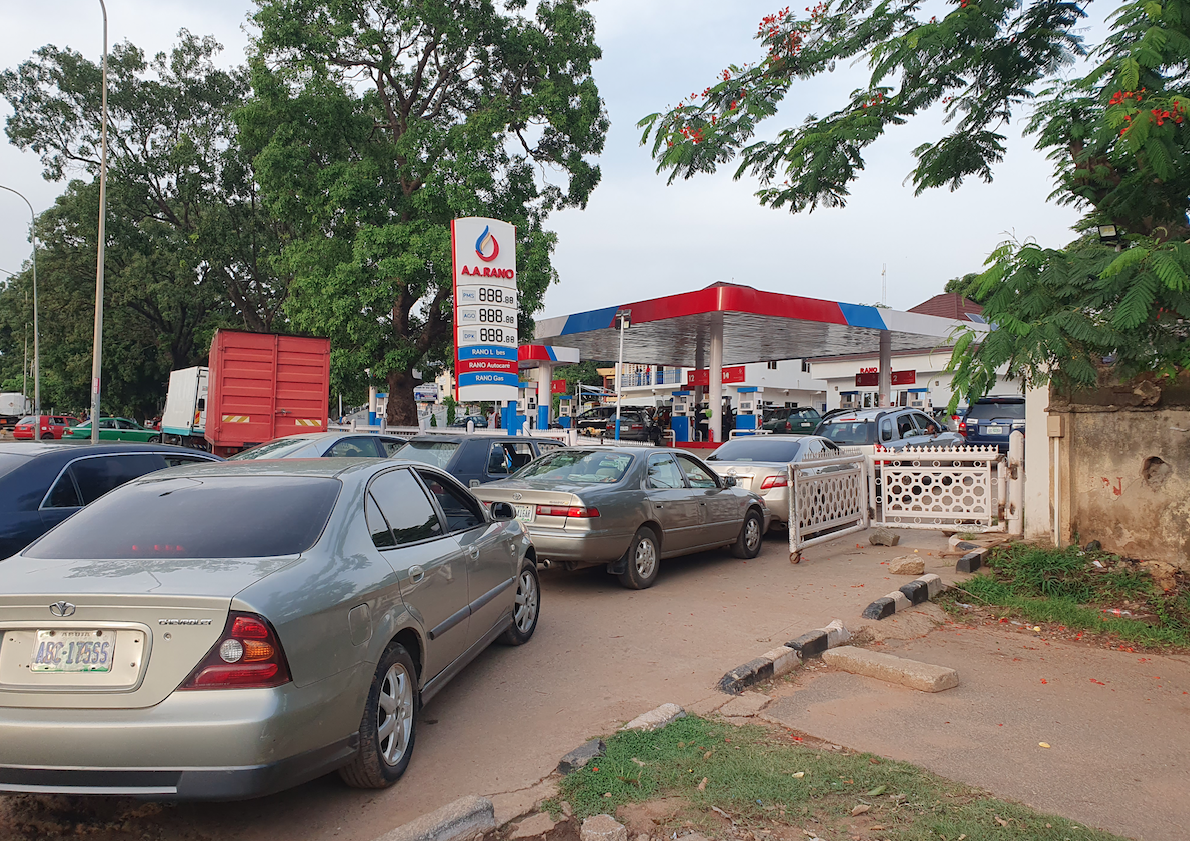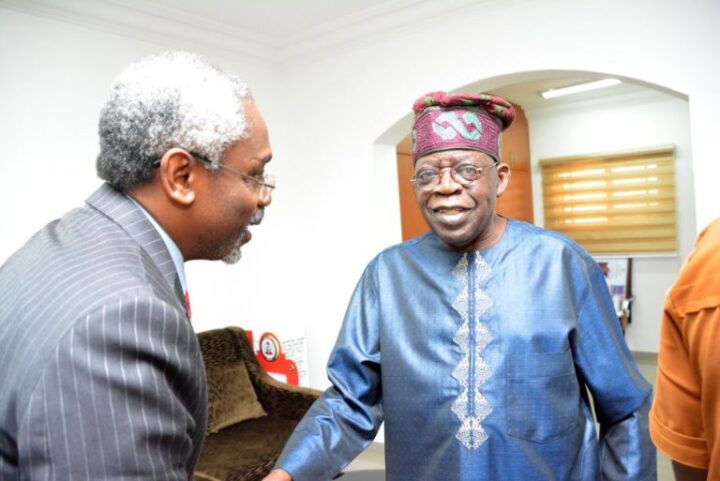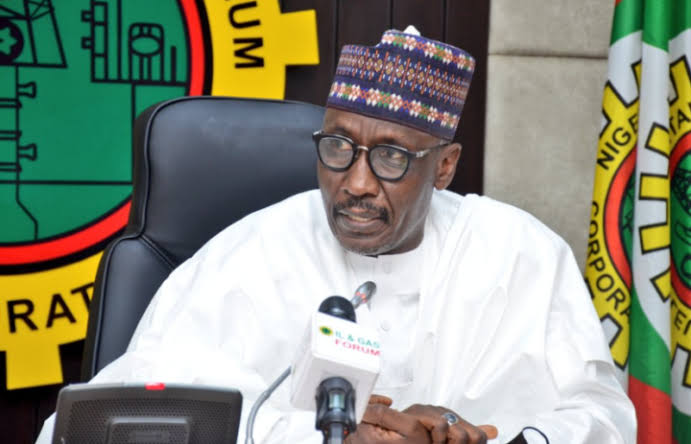The Independent Petroleum Marketers Association of Nigeria (IPMAN) says the resurgence of queues in parts of the country is caused by panic buying by Nigerians.
TheCable had reported that queues for petrol resurfaced in parts of the country shortly after President Bola Tinubu announced the cancellation of petrol subsidy.
In Lagos, Ogun, and Abuja, it was observed that some filling stations were closed, while those that dispensed petrol had large queues of customers lining up for the commodity.
A resident who preferred anonymity told TheCable that most filling stations decided to stop selling when they were informed of Tinubu’s speech on petrol subsidy removal.
Advertisement
“Some of the fuel stations only heard about the subsidy removal and just stopped selling,” the resident had said.
“They could have at least waited for the new president to fully resume work before acting.”
In response to the situation, Mike Osatuyi, national operations controller of IPMAN, told TheCable that the reflexive action of customers who wanted to stock up on cheap petrol before the price of the product increased was to blame for the unprecedented level of queues.
Advertisement
“The queue has to do with the announcement made by the president. People want to refill their tanks so that they can buy it at a good price before the price increases,” he said.
“Now that subsidy has gone, it has gone for life. And now, there is fairness for Nigeria as a country. Some marketers are the beneficiaries of the subsidy, including smugglers.
“But as the president has said, whatever the gain on the subsidy is, it will be used for infrastructure. Now that they (the new administration) want to have a unified foreign exchange, everyone can buy and import on the same platform.
“Nobody will buy yam and give me small for just one percent and take 90 percent and say he is doing business. That is where we are.”
Advertisement
When asked about the product’s availability, Osatuyi said there is currently enough stock to supply the nation, but that there would be a price increase.
“No, there would not be scarcity, but the problem is that there is going to be an increase in price,” he said.
However, he said the removal of the subsidy will benefit the general public and result in the improvement of infrastructure and the building of good roads.
When asked what price the product is likely to rise to, he said: “It is going to be determined by market forces, and then it has to do with the exchange rate and the crude price. That is going to be the determinant of the price.”
Advertisement
Add a comment






